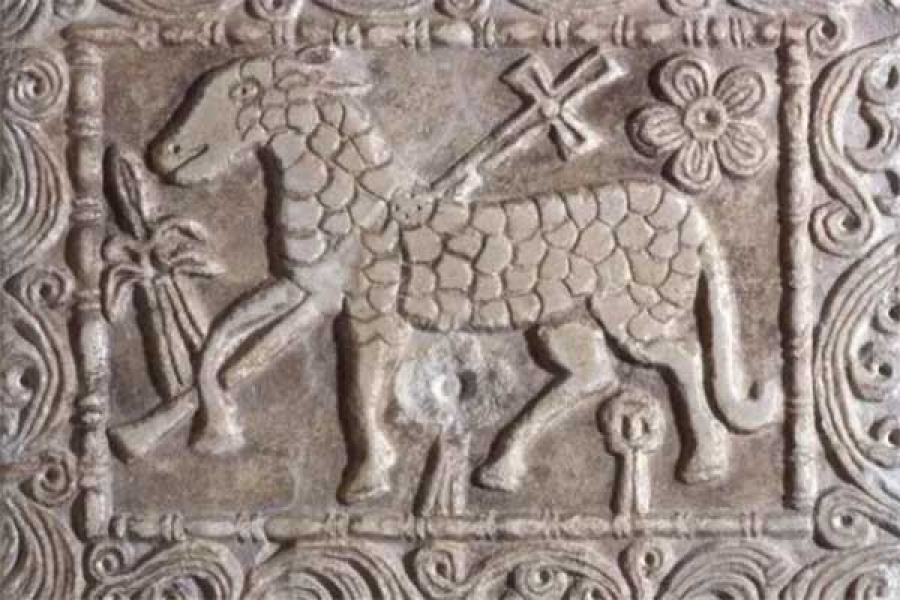“Oroonoko” and the instability of the forms
Aphra Behn’s “Oroonoko” has always been a matter of discussion between critics because of its ambiguity. The work was written in a period of transition and it could be considered an ancestor of the novel; the society in which the author lived was changing very fast and Bhen, among other writers, needed a new way of thalking about new things. The whole western world had entered modernity and the epistemology started to be connected with scientific progress. As McKeon argues the concepts of public and private changed a lot and there is a split between the two spheres of society and in the way people started to perceive themselves as private individuals in a public world[1]. Behn’s work reflects this crisis, started in seventeenth century England and generated by the rising of the third estate[2], because her need to reinforce conservative ideology underlines the disappearance of it. Moreover, it is possible to find in the text a tension between old and new values not only because of Behn’s open critic to the bourgeois but also because of her contradictory position that doesn’t fulfil the royalist point of view. This is evident mainly when she shows her perspective about religion.
Religion, honour and social control
As Pacheco[3] argues Behn’s freethinking about this matter plays an important role in Oroonoko and it is in connection with her conservative agenda. The authoress promotes a new kind of morals that is not interrelated with religion. This secularization of modern values is symptomatic of a society in which the private sphere started to be considered separated from the public realm. Religion was something connected with a private dimension and was no longer useful as an instrument of social control, especially in a domain such as the stock market in which public and private started to be in a contrastive relationship. By promoting honour as a basic value, Behn moves an attack against progressive ideology and the ethic of the market or better against its lack of a kind of regulation. The rising of a new form of economy changed the relationship between the classes and “the old ruling class became involved in the bourgeois competitive economy, while the commercial classes imitates their social superiors”[4].
This conflict is well represented in the episode in which Oroonoko is trapped by the sea captain.
This character embodies the paradigm of the modern merchant and his cupidity is stronger than an oath made swearing on the Christian God. The man who traps Oroonoko claims that he can’t trust the prince because of his lack of religion but in the end Behn underlines how the man who swears upon God is less trustworthy than the pagan prince. In her text Pacheco[5] emphasizes the relationship of Behn’s work with “Penseès diverses sur la comète” by Bayles which was “the first work to argue in print that atheist might well prove to be as good citizens as Christians”[6]. In her text Behn tries to solve this crisis of ideals promoting honour as a basic value for modern society by showing that it would have been a stronger mean of social control than religion, to support this idea the prince says:
let him know I swear by my honour, which to violate would not only render my contemptible and despised by all brave and honest men, and so give myself perpetual pain, but it would be eternally offending and diseasing all mankind , harming, betraying, circumventing and outraging all men[7].
In Behn’s text Christian characters are made a poor figure, even the authoress herself that was among them who “fed him from day to day with promises”[8]. Very often in the text the reader doubts the reliability of the narrator who is in an ambiguous position because her pertinence at the group of the protagonist’s enemies but at the same time she shows empathy for Oroonoko’s situation.
– second part –
Notes
- [1] “The historical movement from distinction to separation is most strikingly expressed when the modern separation is evidently the result of a process of splitting that acknowledges the separability of what formerly had been most intelligible not “as such” but as parts of a greater whole.”
- McKeon, Michael. The Secret History of Domesticity: Public, Private, and the Division of Knowledge. Baltimore, US: Johns Hopkins University Press, 2009. ProQuest ebrary. Web. 18 April 2017.
- [2] Habermas, J. The Structural Trasformation of the Public Sphere, The MIT Press, Cambridge, Massachusetts (1962). p27
- [3] Pacheco, A. (2013). “Little Religion” but “Admirable Morals”: Christianity and Honor in Aphra Behn’s Oroonoko. Modern Philology, 111(2), 253-280.
- [4] Pacheco, A. (1994). Royalism and honor in Aphra Behn’s “Oroonoko”. Studies in English Literature, 1500-1900, 34(3), 491. p504 Retrieved from https://search-proquest-com.bibezproxy.uca.es/docview/1297398426?accountid=14495.
- [5] Ibidem.
- [6] Ivi. p 259
- [7] Behn, A. Oroonoko and Other Writings, Oxford University Press (2009) p27
- [8] Ivi, p45









